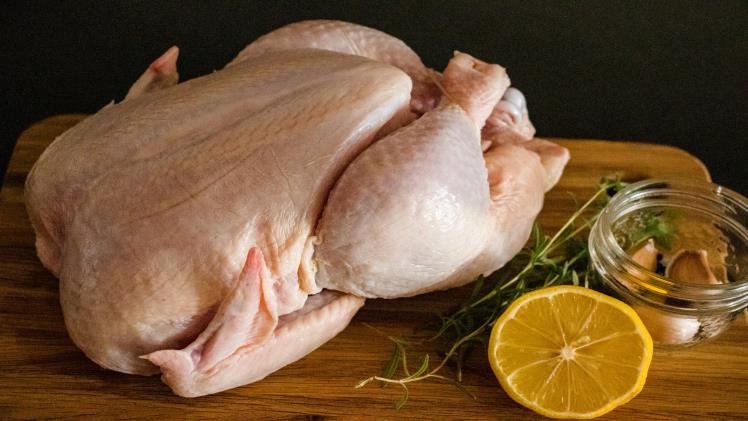Food poisoning is a serious health risk that can be caused by consuming food contaminated with bacteria. Knowing how to identify whether food has enough bacteria to cause food poisoning can help you protect yourself and your family from food-borne illness. This article will discuss how to identify bacteria in food, and how to determine the risk of food poisoning.
Identifying Bacteria in Food
Bacteria are microscopic organisms that can be found in a variety of foods. While some bacteria are beneficial, others can cause food poisoning. To identify whether food has enough bacteria to cause food poisoning, you should look for visible signs of spoilage, such as mold, discoloration, or an off odor. Additionally, you should check the expiration date on the food to make sure it has not expired.
If the food appears to be safe, you should then inspect it for signs of contamination. This can include any visible particles of dirt or debris, as well as any visible signs of insect activity. Additionally, you should look for any signs of visible bacterial growth, such as slimy or discolored patches on the food.
Determining Food Poisoning Risk
If you are unsure whether food has enough bacteria to cause food poisoning, you should discard it. Additionally, you should always make sure to cook food thoroughly, as this will help to kill any bacteria present in the food. Additionally, you should make sure to store food properly, as this will help to reduce the risk of bacterial contamination.
If you suspect that food has been contaminated, you should seek medical attention immediately. Symptoms of food poisoning can include nausea, vomiting, abdominal cramps, and diarrhea. It is important to note that food poisoning can be serious and even life-threatening, so it is important to take steps to protect yourself and your family.
Food poisoning can be a serious threat to your health, so it is important to take steps to identify and prevent contamination. By looking for visible signs of spoilage and contamination, and by properly storing and cooking food, you can help to reduce your risk of food poisoning. If you suspect that food has been contaminated, it is important to seek medical attention and take steps to protect yourself and your family.

